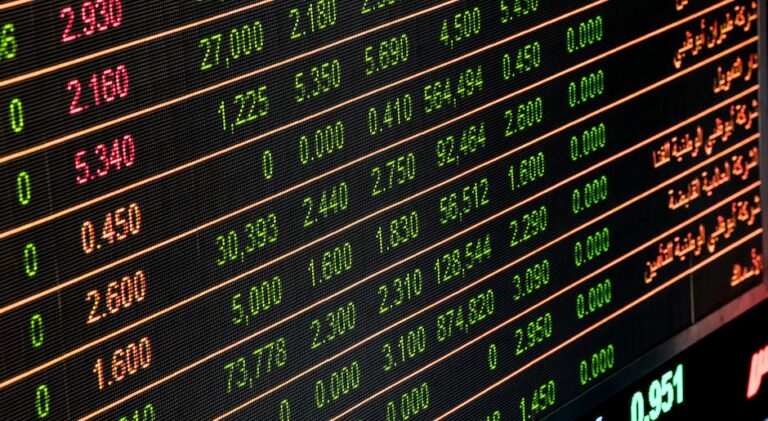5 Effective Technical Indicators for Stock Market Analysis
Technical indicators play a crucial role in stock market analysis as they help traders and investors interpret market trends and identify potential trading opportunities. These indicators are mathematical calculations based on historical price data, volume, or open interest, and are used to generate buy and sell signals. In general, technical analysis is based on the…










